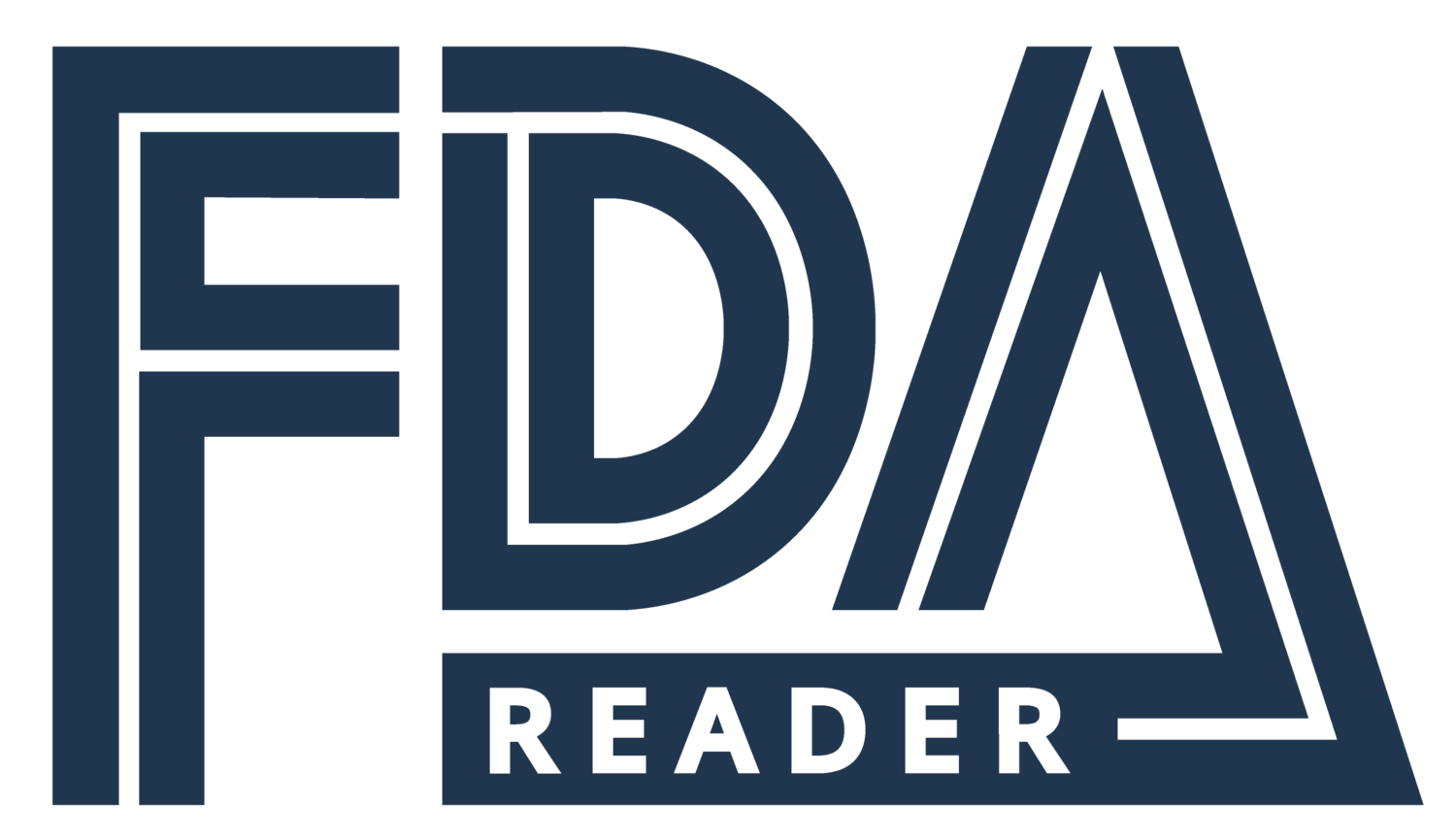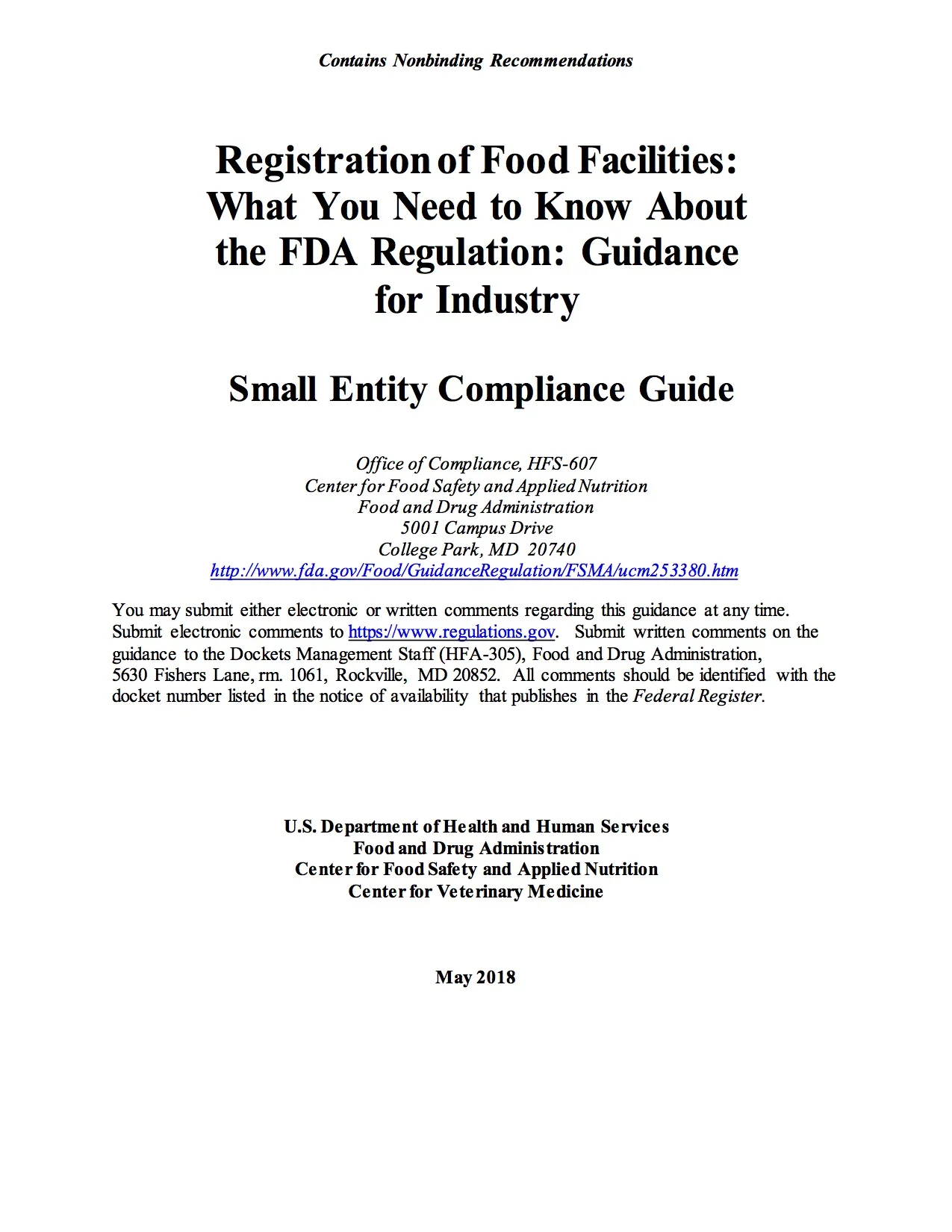What are the Requirements for FDA Registration Inside of a Shared Kitchen?
The FDA doesn’t offer a lot of information about shared kitchens. However, the growth of this business model means many shared kitchen operators are looking for answers, particularly around the issue of food facility registration.
Below are the answers you’re looking for.
Does the Shared Kitchen User Need to Register as an FDA Food Facility?
In brief, FDA food facility registration is required for any food business which is (1) not a retail food service establishment and which (2) packs, holds, or processes food which will enter interstate commerce.
When this type of business is operating in a shared kitchen, it means that multiple FDA food facility registrations may be associated with a single location
If you’re looking for more specific answers about registration requirements, we have sections devoted to the topic of FDA jurisdiction and FDA facility registration.
Does The Shared Kitchen Itself Need to Be Registered as an FDA Food Facility?
The question of whether a shared kitchen needs to register with the FDA hinges upon one critical question:
Does the shared kitchen operator (i.e. the host) pack, hold or process any food which will enter interstate commerce? In other words, does the shared kitchen operator ever take custody of any food?
If the answer is yes, then the shared kitchen must register with the FDA as a food facility. If the answer is no, then the shared kitchen does not need to be registered as an FDA food facility.
Here are examples of activities that would require the shared kitchen to register as a food facility with the FDA:
The shared kitchen operator receives incoming food products on behalf of the shared kitchen users and hands them over to the tenant when they arrive onsite.
The shared kitchen operator purchases a bulk supply of commonly-used food ingredients and sells them to the tenant businesses.
The shared kitchen operator purchases finished food products from the users businesses, stores them onsite, and sells them.
The management of the shared kitchen also has their own food brand and they manufacture their product out of the shared kitchen alongside other tenants.
Remember, if the shared kitchen packs, holds, or processes food, then they will be required to register with the FDA.
If you want to avoid registering your shared kitchen with the FDA, then you should never take physical control over any food products in your space.
If you allow tenant businesses to store product in a shared storage space onsite, it must be clear that the tenant business maintains possession of that product while it is in storage.
What’s Next
If you need to register as a food facility you can check out our step-by-step guide.
Also, if your business does less than $1mm in annual sales, then you may be a Qualified Facility (aka Very Small Business). This means fewer record keeping requirements for the business and a lower likelihood of inspection within the first several years of operation. If you think this is for you, then check out our guide to registering as a Qualified Facility
Or, return to our section on Shared Kitchens































